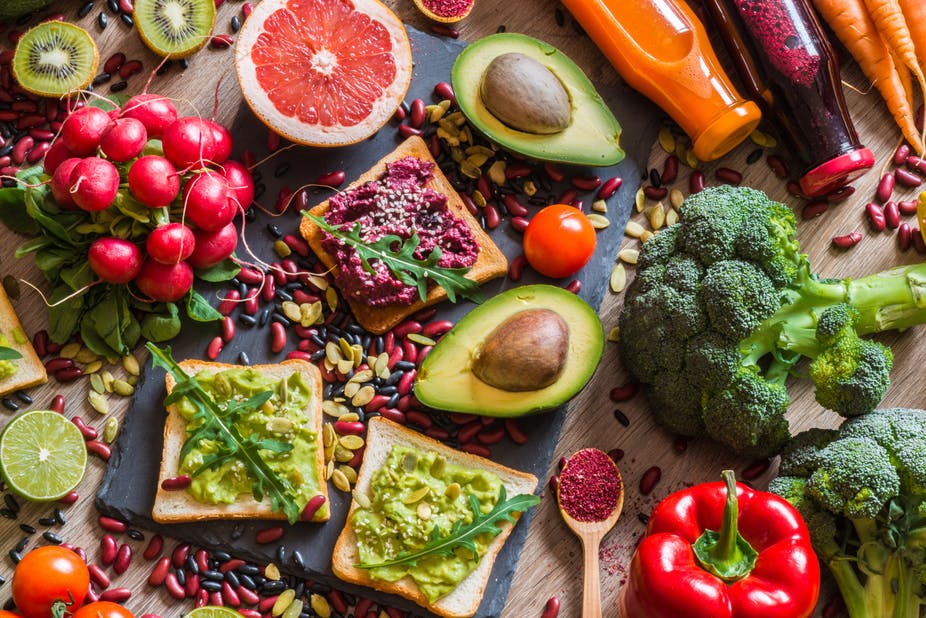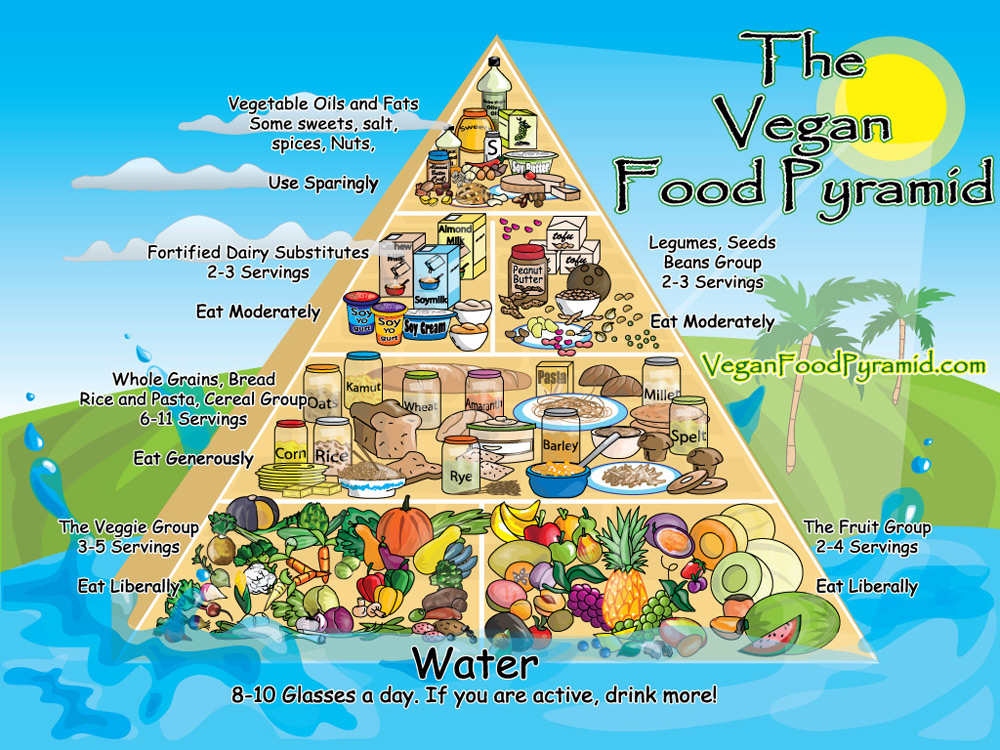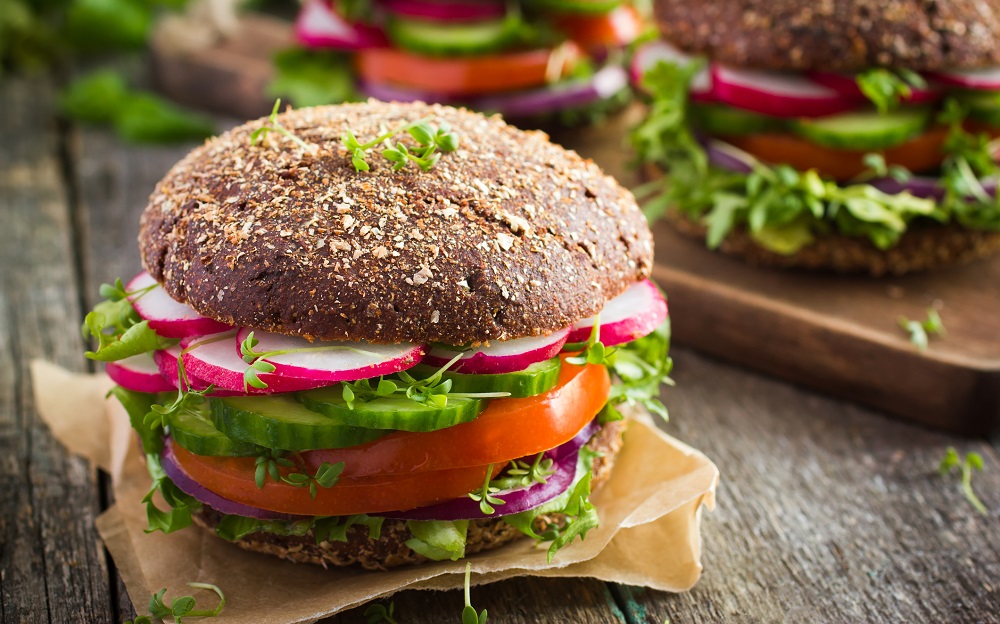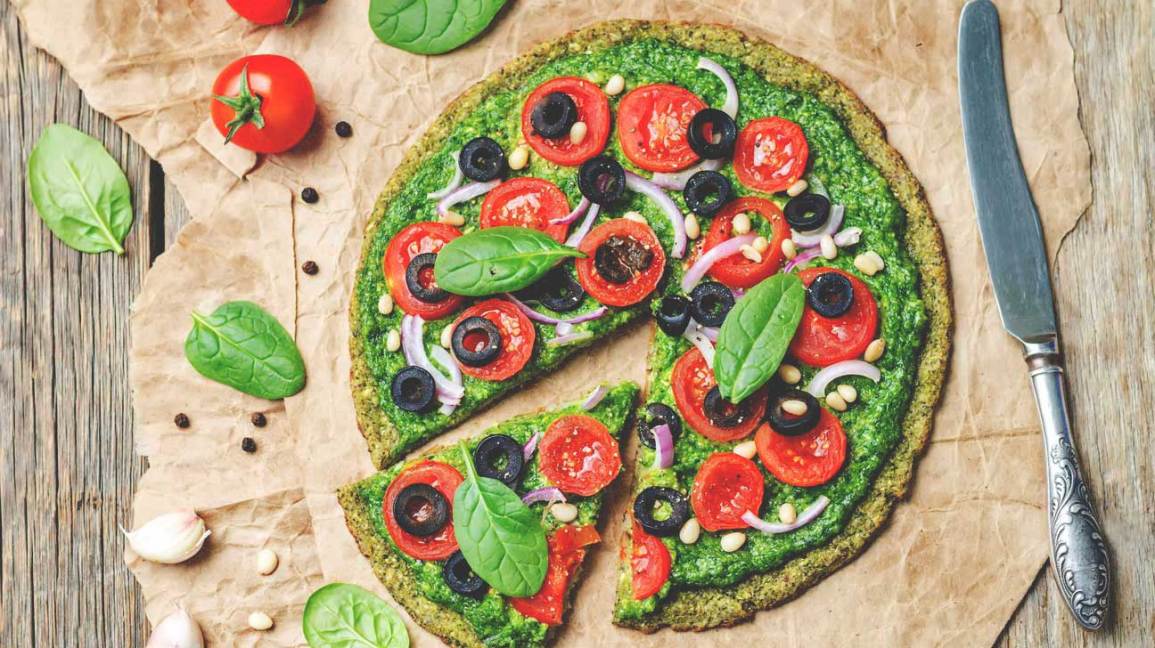What once was a vegan diet nowadays has become an interesting phenomenon, an entire ideologic movement for animal rights. Vegetarians don’t just stick to a specific diet plan, but also embrace all the ethical moments related to animal care.
When it comes to vegan diet benefits and risks, it’s important to understand where’s a myth and where’s the truth. Let’s figure out the basics of a Nigerian vegan diet: what it is, why it’s good, is it possible to lose weight on vegan diet, and what you can eat.
What is a vegan diet
The term “vegetarianism” comes from Latin “vegetus,” which means healthy, fresh, alive. This is a lifestyle, which excludes the products of animal origin from a diet plan. Vegans believe that a plant-based diet is natural for humans and thus more healthy.
The British Vegetarian Society defines a vegetarian as a person that doesn’t consume any fish, meat, or poultry. Vegetarianism is not about food limitations; it is a lifestyle with the set of rules directed for protecting animal rights and taking care of the environment.
What do you eat on a vegan diet?
There are several types of vegetarianism which differ by the principles of consuming/non-consuming of different foods. They eat fruit, vegetables, nuts, cereals, seeds, and lentils.
- ovo-lacto-vegetarians eat eggs and dairy products;
- lacto vegetarians eat dairy products;
- vegans, who don’t consume any dairy or fish/meat derivatives.

The difference between vegan and vegetarian diet
Unlike vegetarianism, veganism is the strict diet which prohibits consuming any kinds of meat, fish, eggs, seafood, and often honey. A raw vegan diet is even more strict: no foods are processed, even steamed or boiled, and they don’t consume synthetic foods.
The list of prohibited things goes beyond foods:
- Vegans don’t attend circuses or zoos.
- They don’t wear fur, silk, or wool.
- They don’t consume foods containing gelatin or glycerin.
- They don’t drink alcohol.
- They don’t use products that have been tested on animals.
“What can vegans eat” list
Popular cereals:
- brown rice;
- quinoa;
- oatmeals;
- wholegrain cereals;
- couscous.
Alternatives for dairy products:
- almond, soy, rice milk.
- tofu.
Alternatives for animal proteins:
- soybeans;
- kidney beans;
- chickpea;
- seeds – sesame, sunflower, poppy, pumpkin, chia;
- nuts and peanut butter.
To use for baking:
- flax and chia seeds instead of eggs;
- coconut butter instead of sweet butter;
- agave syrup.
Other products to use for cooking:
- agar-agar – an alternative for gelatin;
- tomato paste;
- dried mushrooms;
- sun-dried tomatoes;
- capers;
- spices.

X benefits vegan diet provides (and reasons to embrace it)
#1. This is the best way to help animals
Did you know that every vegan saves 200 animals every year? There is no easier way to save animals then prevent their suffering by rejecting animal products. Don’t forget that animals are always kept in horrible conditions and spend all their lives suffering.
#2. You will be happier and healthier
“Is a vegan diet unhealthy?” is one of the most frequently asked questions. According to the research of the Academy of Nutrition and Dietetics, vegans are less prone to heart diseases, diabetes, and cancer. They receive all necessary nutrients (proteins, fiber, and minerals) without side-effects caused by saturated animal fats.
Veganism helps to deal with allergies thanks to more fresh products and excluding junk food, the basis of which is gluten. Meanwhile, meat and dairy products can poison the organism with elements of protein breakdown and slow down the metabolism.
Seafood contains elements that are especially dangerous for the human organism: arsenic, mercuric, cadmium, and lead. You cannot get rid of them completely even after intensive heating. The list of other harmful bacteria contained in animal foods that cause painful diseases is really long.
Meanwhile, plant-based diet is rich in vitamins, minerals, trans fats, and fibers that clean the organism from toxins improving skin, hair, and nails condition, normalize the functioning of all body systems, and helping you live longer.
#3. Weight loss and energy boost
“Do vegans lose weight? How to get a flat stomach on a vegan diet?” are among the other top searches. In average, vegans are lighter by 9 kg than meat-eaters. A vegetarian diet will not cause fatigue, unlike all the unhealthy diet plans, but will help to get rid of excess weight and charge your body with energy. But how is that possible taking into consideration the caloric value?
Fruits and vegetables produce serotonin, which controls the level of happiness and energy. They are a very helpful element in dealing with stresses, anxiety, anger, and depression. Meat and dairy products, on the contrary, tend to make you feel tired and angry. So if you want to lose weight vegan diet is the healthiest way to do it.
#4. Vegan food is tasty
It really is. The vegan diet plan doesn’t make you forget about hamburgers, nuggets, or ice cream. You will get rid of bad cholesterol. The demand for vegan products keeps growing, so food companies come up with a wider diversity of healthy delicious snacks.
You can find an enormous variety of recipes online. The majority doesn’t require extraordinary components. There are many affordable alternatives: use bananas instead of eggs for baking, add chia and flax seeds to spice up the food, replace cheese with tofu and nuts.

#5. Meat is dangerous
It is not said for a dramatic effect. Meat contains different biologic liquids, which are the source of food poisoning. 96% of chicken in supermarkets is contaminated with campylobacteriosis, which is the main source of poisoning. Besides, meat leads to the formation of cholesterol plaques that cause serious heart diseases.
#6. A plant-based diet provides all necessary nutrients
Contradictory to popular belief, you can get all the necessary vitamins and elements even in case you give up eating meat. You just need to find out more about the useful properties of various foods and balance your diet.
#7. Cost-efficiency
Seafood, meat, and dairy products are quite expensive, while vegans can plant many products in their gardens. Besides, these aren’t perishable products, so you can save some costs by buying wholesale. Vegetarians look younger so you can also save on cosmetics.
#8. Help people who are starving
Consuming meat is harmful not only for animals but for other people as well. To breed cattle or poultry, tons of cereal crops and water are spent. To be more precise, to produce 500 g of meat you need around 6 kg of grain. It all could be used to feed the poor.
#9. Cleanse your karma
Regardless of your religion, people believe in justice and payback. All world religions command: you shall not kill. Veganism doesn’t contradict any known religion. On the contrary, vegetable food is important for many religions. Back to karma, it is about your transformation after death. If a person is locked in a circle of pain and suffering, they can never be free.
#10. This is trendy!
Some will say this is a careless argument but don’t forget that good influence, even accidental, can later turn into the fully-accepted lifestyle and attitude. Ariana Grande, Miley Cyrus, Casey Affleck, Natalie Portman – this is just a beginning of a long list of celebrities who are vegetarian.










